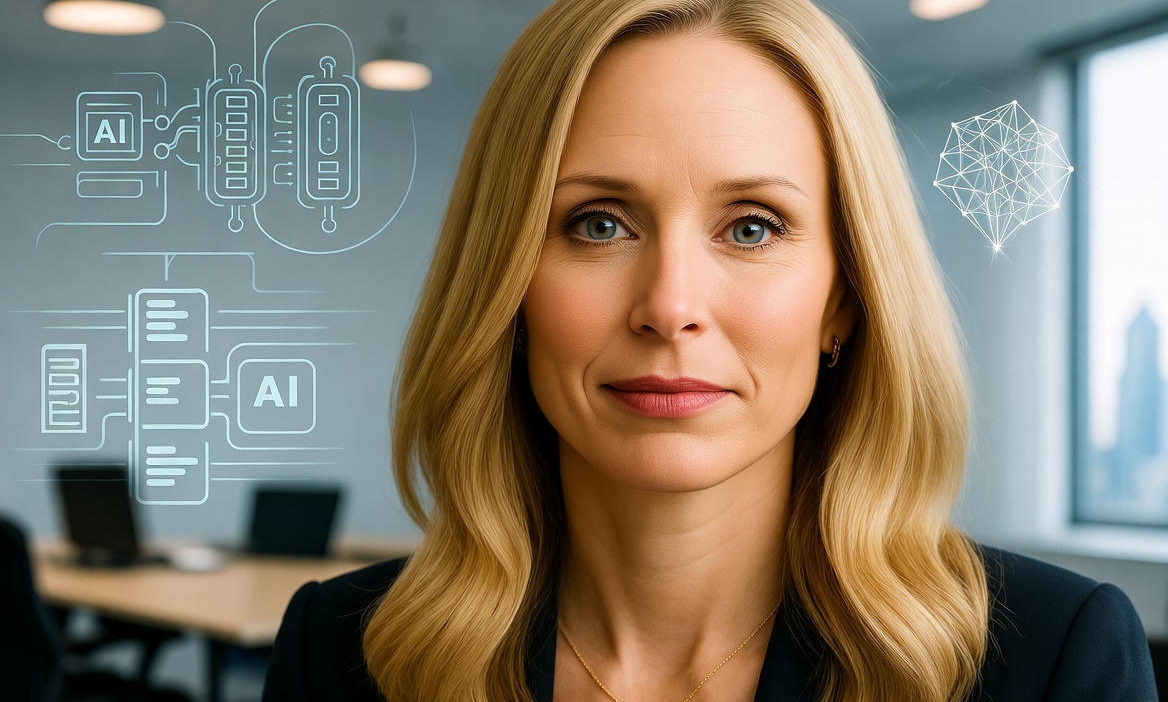Marissa Mayer, a well-known tech leader and former CEO of Yahoo, is demonstrating exactly that. She recently announced plans to shut down her previous AI startup and transfer its assets to a newly founded venture, marking a deliberate shift in focus and ambition.
This move underscores a broader lesson for tech leaders and entrepreneurs: sometimes, success requires letting go of old projects to embrace higher-potential opportunities. Mayer’s decision is about more than just operational efficiency—it reflects a calculated effort to align resources, talent, and technology with emerging AI trends and market demands.
Why Mayer’s Pivot is Significant
Strategic Focus Over Fragmented Efforts
The AI industry is evolving faster than most startups can scale. By consolidating her previous venture into a new entity, Mayer is ensuring that resources, talent, and intellectual property are concentrated on initiatives with the greatest potential impact. This approach allows her team to move quickly, innovate effectively, and respond to market changes without being hampered by legacy operations.
Rather than maintaining multiple smaller projects, Mayer’s pivot is about focusing on core competencies. It signals to investors, partners, and competitors alike that her team is serious about developing AI solutions that can scale globally and solve meaningful problems.
Continuity Amid Change
While closing a startup may seem like a setback, the transfer of assets—ranging from technology patents to key personnel—ensures that progress made in the previous venture is not lost. This type of strategic consolidation preserves valuable institutional knowledge while eliminating operational redundancies.
In essence, Mayer’s pivot combines the best of both worlds: maintaining innovation momentum while creating a leaner, more agile organizational structure capable of tackling next-generation AI challenges.
Broader Implications for the AI Industry
Mayer’s decision is emblematic of a growing trend in AI: the importance of agility and strategic alignment.
-
For Entrepreneurs: It reinforces the lesson that sometimes closing one project is necessary to focus energy and capital on higher-value opportunities.
-
For Investors: Startups that consolidate intelligently often become more attractive because they demonstrate strategic foresight and operational discipline.
-
For the AI Community: By concentrating efforts in a single venture, Mayer may accelerate innovation in areas like natural language processing, computer vision, or predictive analytics.
Her move also highlights how asset transfers can serve as a bridge between experience and future potential, ensuring that valuable ideas continue to evolve rather than stagnate.
Pros and Cons of Consolidating Startups
Pros
-
Resource Efficiency: Merges talent, technology, and intellectual property under one umbrella, reducing duplication.
-
Focused Innovation: Aligns the company’s mission with the most promising AI applications.
-
Investor Appeal: Clearer strategic vision can attract funding and partnerships.
Cons
-
Operational Complexity: Integrating systems, workflows, and teams can be challenging.
-
Employee Transition: Staff may face uncertainty or need to adapt to new leadership and processes.
-
Market Perception: Closing a previous venture may raise questions if not clearly communicated.
Despite these challenges, strategic consolidation often yields long-term benefits, particularly in sectors like AI where speed, focus, and adaptability are essential.
Lessons from Real-World Examples
-
Big Tech Reorganizations: Companies like Google and Microsoft have repeatedly restructured AI teams to prioritize high-impact projects. Mayer’s pivot mirrors this approach on a startup scale.
-
Startup Success Stories: AI startups that refocused resources and narrowed their scope have often outperformed more scattered competitors. Consolidation can lead to faster product iterations, stronger market presence, and better funding opportunities.
-
Investor Perspective: Venture capitalists increasingly favor startups that demonstrate strategic focus, making Mayer’s move a signal of a well-calculated growth strategy.
FAQs
Q1: Why is Marissa Mayer closing her old AI startup?
She is consolidating assets and focusing on projects with higher growth potential under a new venture.
Q2: What happens to the assets of the old startup?
Intellectual property, technology, and key team members will be transferred to the new company to maintain continuity and leverage prior work.
Q3: Is this kind of pivot common in AI?
Yes. Given the rapid evolution of AI technologies, startups often pivot or consolidate to remain agile and competitive.
Q4: How could this affect the AI industry?
It may accelerate innovation, provide a model for strategic startup management, and attract global investment to focused AI initiatives.
Stay updated on AI pivots and tech innovation. Subscribe for the latest insights from Silicon Valley and beyond.
Note: All logos, trademarks, and brand names referenced herein remain the property of their respective owners. The content is provided for editorial and informational purposes only. Any AI-generated images are illustrative and do not represent official brand assets.



